Biography
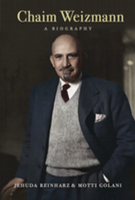
Jehuda Reinharz & Motti Golani
Haim Watzmann, translator
A magisterial biography of Israel's first president.
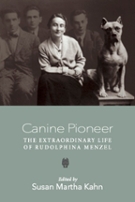
Susan Martha Kahn
An insightful look at the life and legacy of a pioneer cynologist between Europe and Israel.
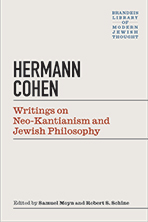
Samuel Moyn and Robert S. Schine
A fresh collection of writings by Hermann Cohen that sheds light on an often overlooked scholar.
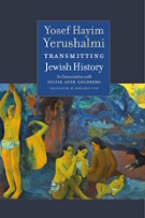
Yosef Hayim YPerushalmi and Sylvie Anne Goldberg, Foreward by Alexander Kaye and translation by Benjamin Ivry
Series of interviews that paint a revealing portrait of history and bring together exceptional material on Yerushalmi’s personal and intellectual journeys.
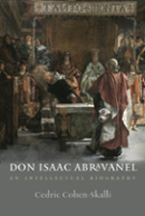
Cedric Cohen-Skalli
One of the greatest leaders and thinkers of Iberian Jewry in the aftermath of the expulsion of 1492

ChaeRan Y. Freeze; translated by Gregory L. Freeze
Rare documents reveal how Jews successfully integrated into Russian aristocratic society
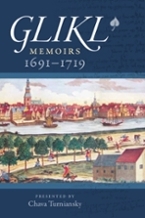
Annotated with an introduction by Chava Turniansky; English translation by Sara Friedman
One of the greatest leaders and thinkers of Iberian Jewry in the aftermath of the expulsion of 1492
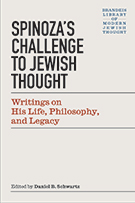
Daniel B. Schwartz
Key works about Spinoza’s critical role in the formation of modern Jewish identity
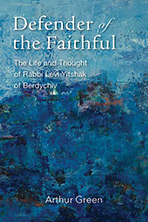
Arthur Green
The life and thought of Levi Yitshak of Berdychiv (1740–1809), one of the most fascinating and colorful Hasidic leaders of his time.
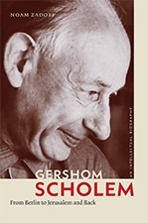
Noam Zadoff
A new intellectual portrait of a prominent twentieth-century philosopher
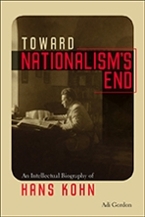
Adi Gordon
The life and intellectual evolution of Hans Kohn, a pioneer of nationalism studies
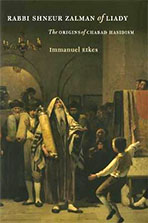
Immanuel Etkes; Jeffrey M. Green, translator
The only biography in English of the founder of the Chabad movement in Hasidism
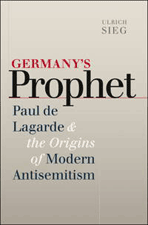
Ulrich Sieg; Linda Marianiello, translator
A provocative and disquieting portrait of Bible scholar and founder of modern German antisemitism Paul de Lagarde
Out of Print
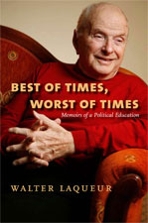
Walter Laqueur
A memoir by a highly respected historian and political commentator
Walter Laqueur has been writing and teaching for over six decades, primarily in the fields of 20th-century history and politics. In this engaging memoir, Laqueur focuses on the political and historical events that have shaped his thinking and inspired his intellectual work.
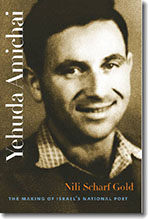
Nili Scharf Gold
“By uncovering the European roots of this central, widely read and much translated Israeli author, Gold opens the way for other similar studies of the European background of Israeli writing. Her book will be indispensable for all future studies of Amichai's poetry.” —Arnold Band, Professor of Hebrew and Comparative Literature, University of California at Los Angeles
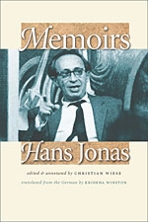
Christian Wiese, editor; Krishna Winston, translator
Because Jonas’s life spanned the entire twentieth century, this memoir provides nuanced pictures of German Jewry during the Weimar Republic, of German Zionism, of the Jewish emigrants in Palestine during the 1930s and 1940s, and of German Jewish émigré intellectuals in New York. In addition, Jonas outlines the development of his work, beginning with his studies under Husserl and Heidegger and extending through his later metaphysical speculations about “God after Auschwitz.
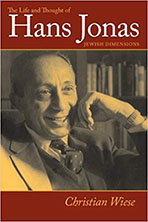
Christian Wiese
An analysis of the Jewish background of an eminent philosopher.
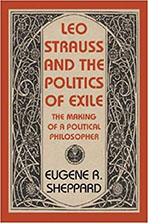
Eugene Sheppard
“With a graceful weave of biography, historical context and philosophical analysis, Eugene Sheppard presents an intellectual portrait of Leo Strauss that boldly challenges the clichés that becloud his legacy.” — Paul Mendes-Flohr, University of Chicago
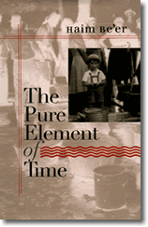
Haim Be’er
“The writing is subtle, skillful, humorous and vivacious. Haim Be’er created in this novel a superb blend of horror, ridicule, compassion, self-irony, as well as a remarkable picture of Jerusalem in the early years of Israel’s statehood.” —Amos Oz
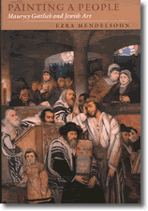
Ezra Mendelsohn
“Deeply researched and thoroughly original, this remarkable study encourages new ways of thinking about Jewish artists and their place in the emergence of modern culture.” —Richard I. Cohen, author of “Jewish Icons: Art and Society in Modern Europe”
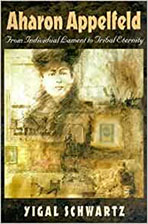
Yigal Schwartz
Schwartz organizes his book around three of Appelfeld’s major themes: the recovery of childhood and memory, the creation of place and the religious stance of the Holocaust writer. He develops a new perspective not only on Appelfeld’s work, but on Holocaust literature itself.
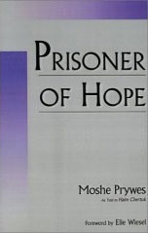
Moshe Prywes and Haim Chertok
“The life recorded here is unique, and yet reflects the most dramatic generation in the history of the Jewish people. The writing is delicate, humoristic and tragic, and always compelling.” —Amos Oz
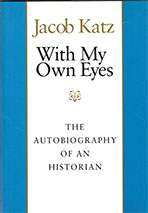
Jacob Katz
“In this delightful memoir Jacob Katz appears as a wise, sensitive writer, very skillfully describing, analyzing and reflecting upon the most significant happenings of his long, interesting, and creative life.” —Isadore Twersky
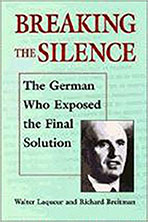
Walter Laqueur and Richard Breitman
“A superb piece of detective work and an exciting real-life spy drama.” —San Francisco Chronicle
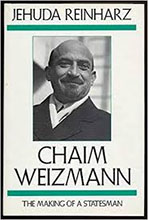
Jehuda Reinharz
“An academic tour de force… It must surely become the definitive biography of a man who was arguably the foremost representative of the Jewish people in the twentieth century.” —American Historical Review
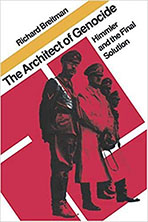
Richard Breitman
Drawing upon previously untapped primary sources… the author conclusively counters efforts to portray the Holocaust as unpremeditated, the result of bureaucratic improvisation under wartime constraints.
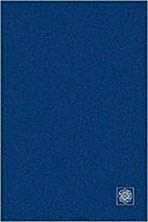
Paul Mendes-Flohr
Eleven essays on the life and thought of Jewish philosopher and theologian Franz Rosenzweig
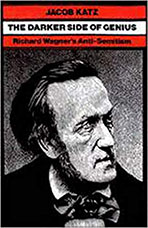
Jacob Katz
Richard Wagner’s antisemitism considered in the context of his time, place, and aspirations rather than in relation to his later appropriation by the Nazis
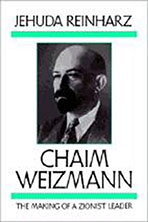
Jehuda Reinharz
“An academic tour de force… It must surely become the definitive biography of a man who was arguably the foremost representative of the Jewish people in the twentieth century.” — American Historical Review
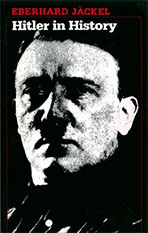
Eberhard Jäckel
In contrast to most scholarly works on Hitler, this brilliant book is lucid, forthright, and blessedly brief.” — American Historical Review